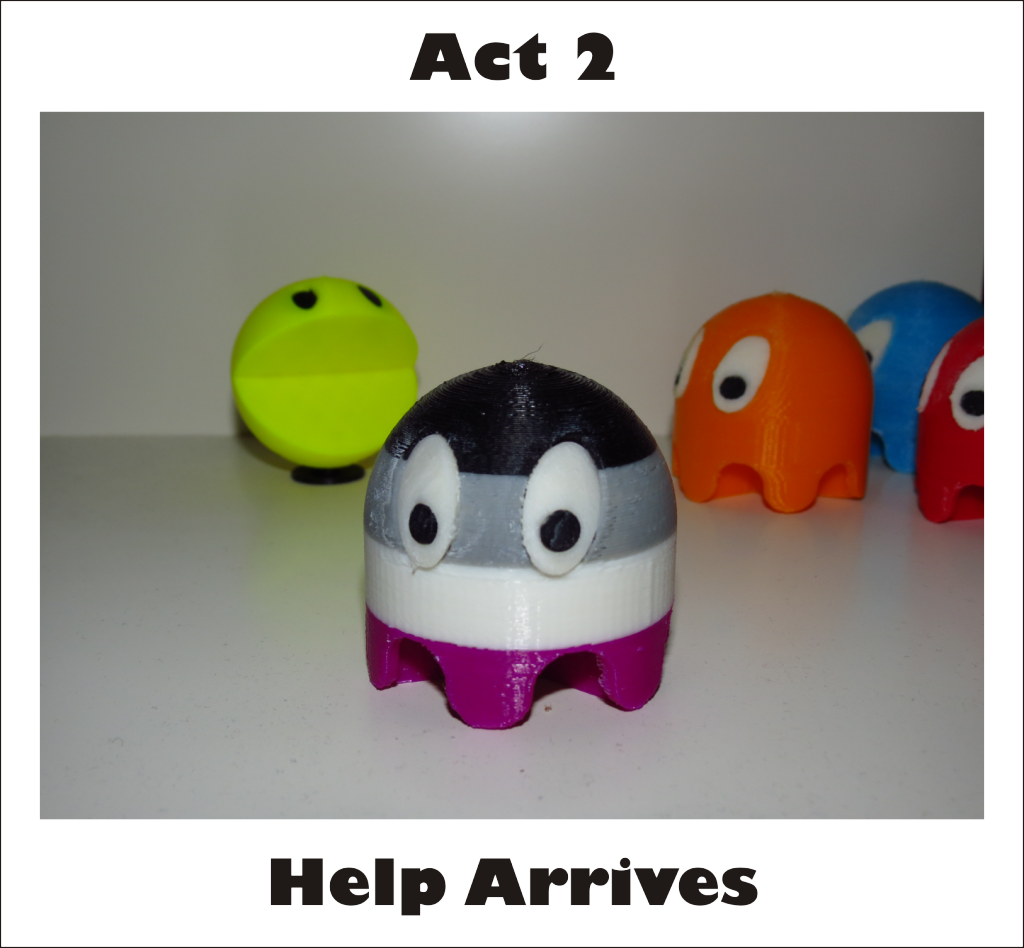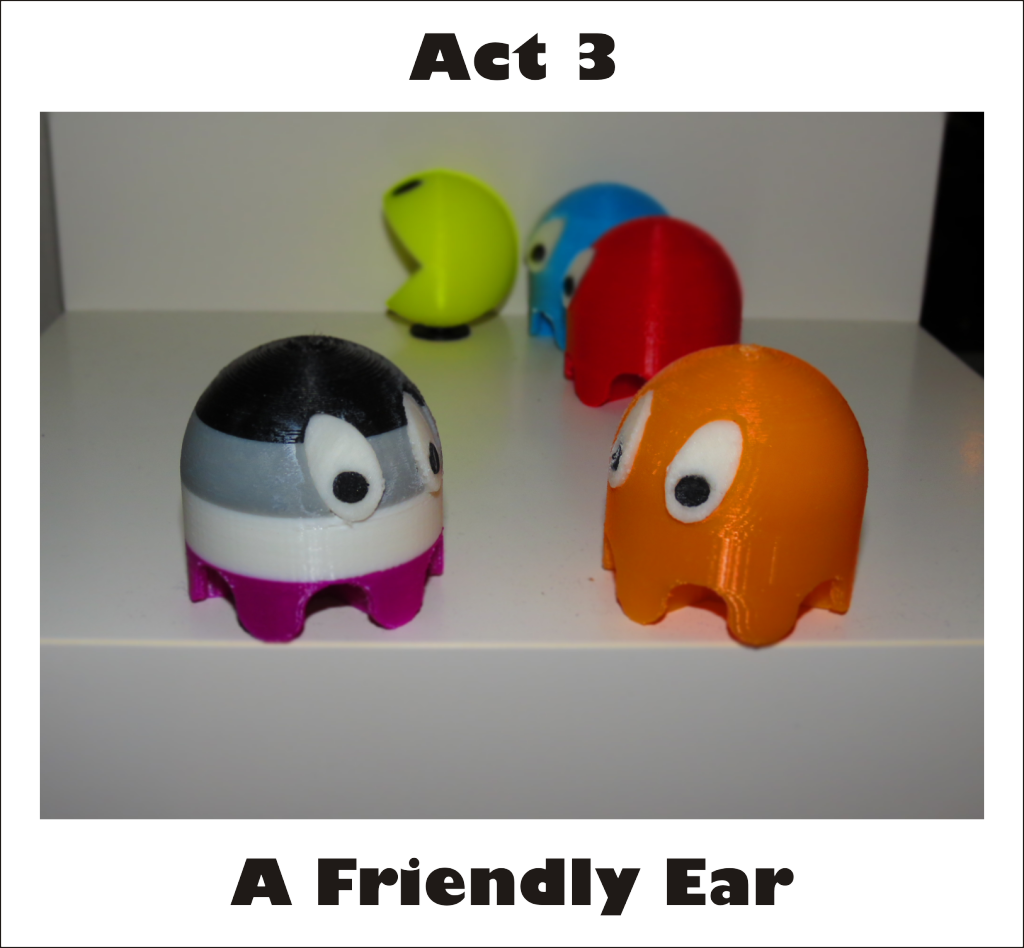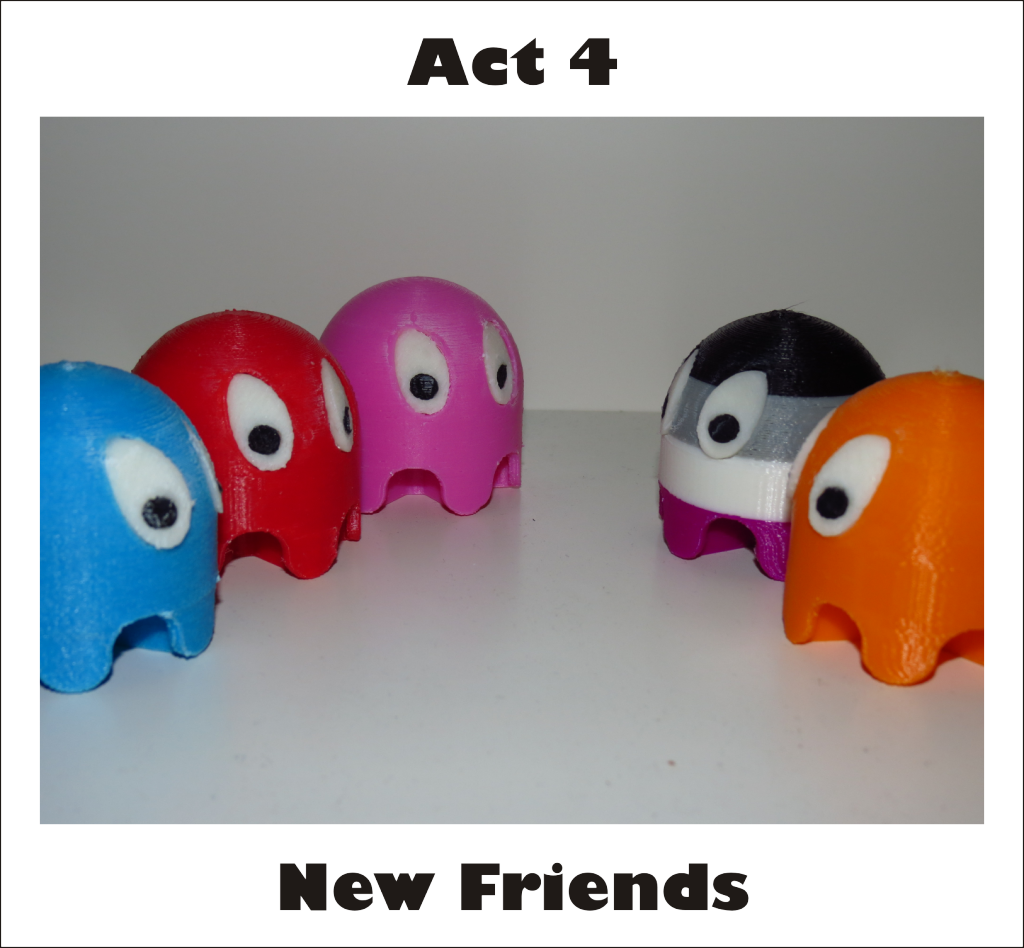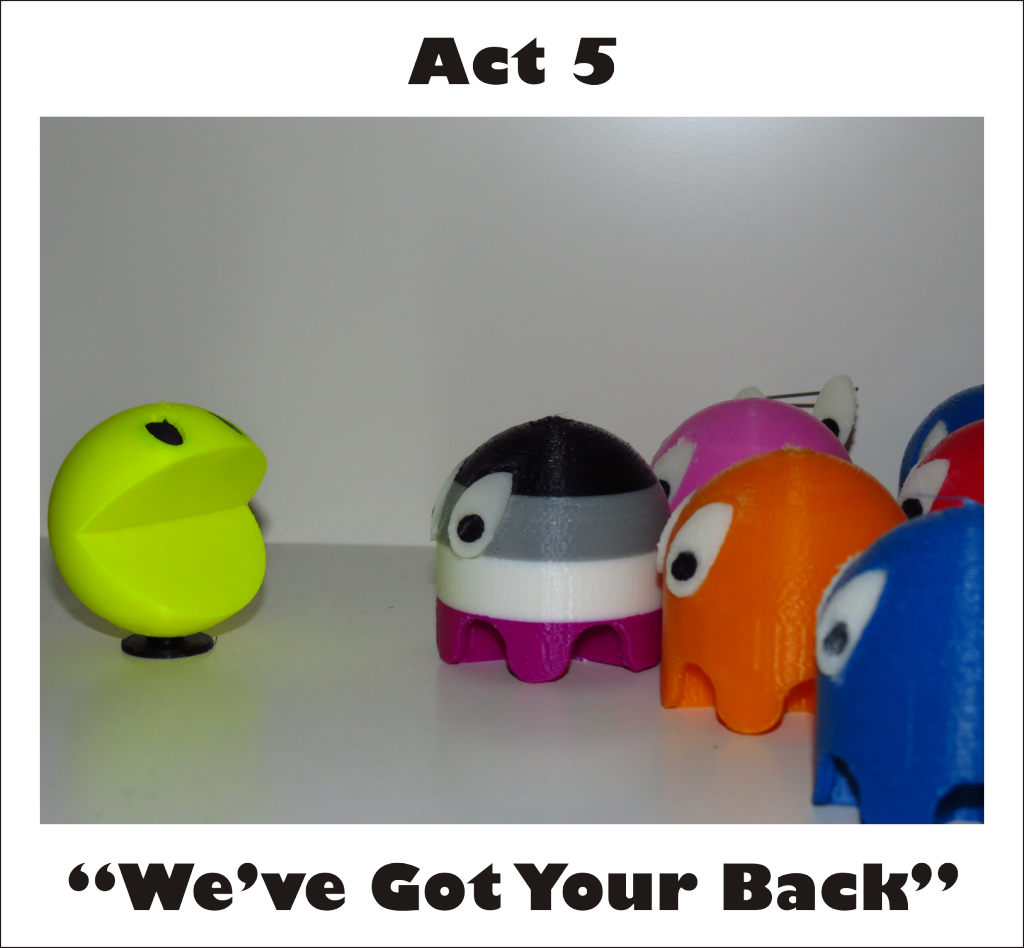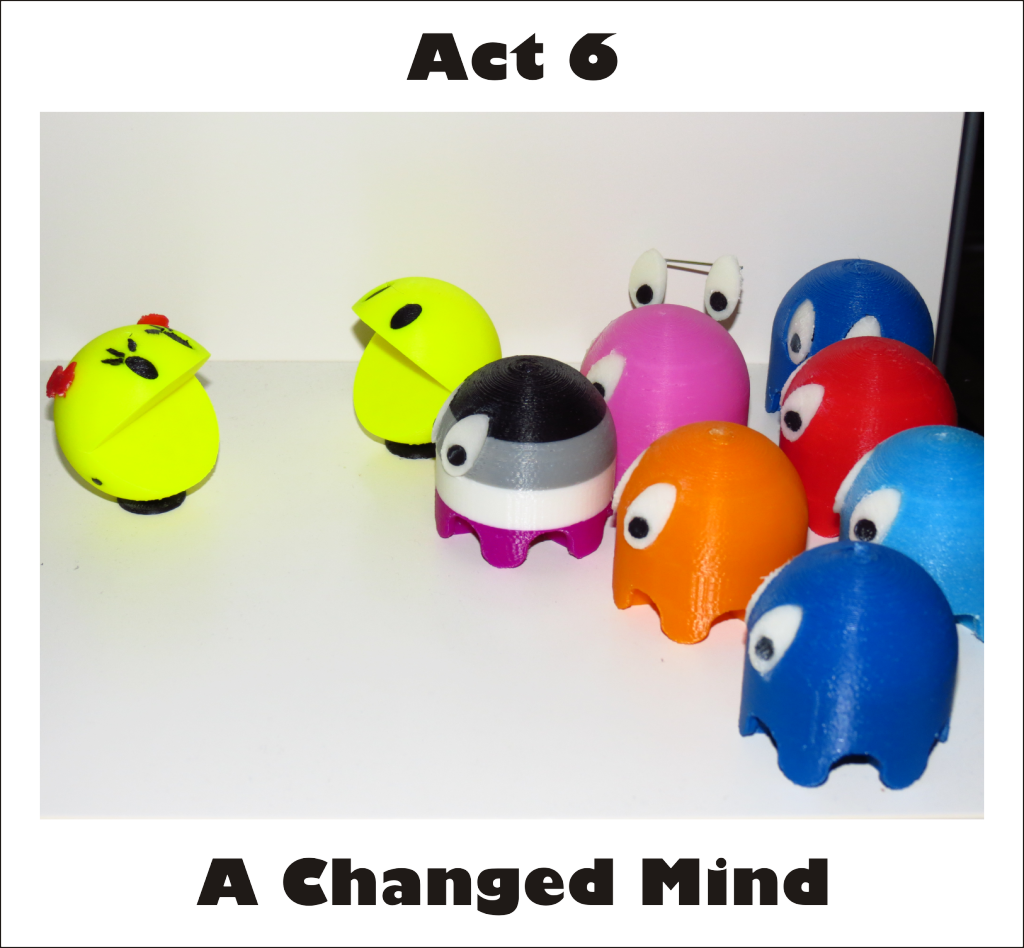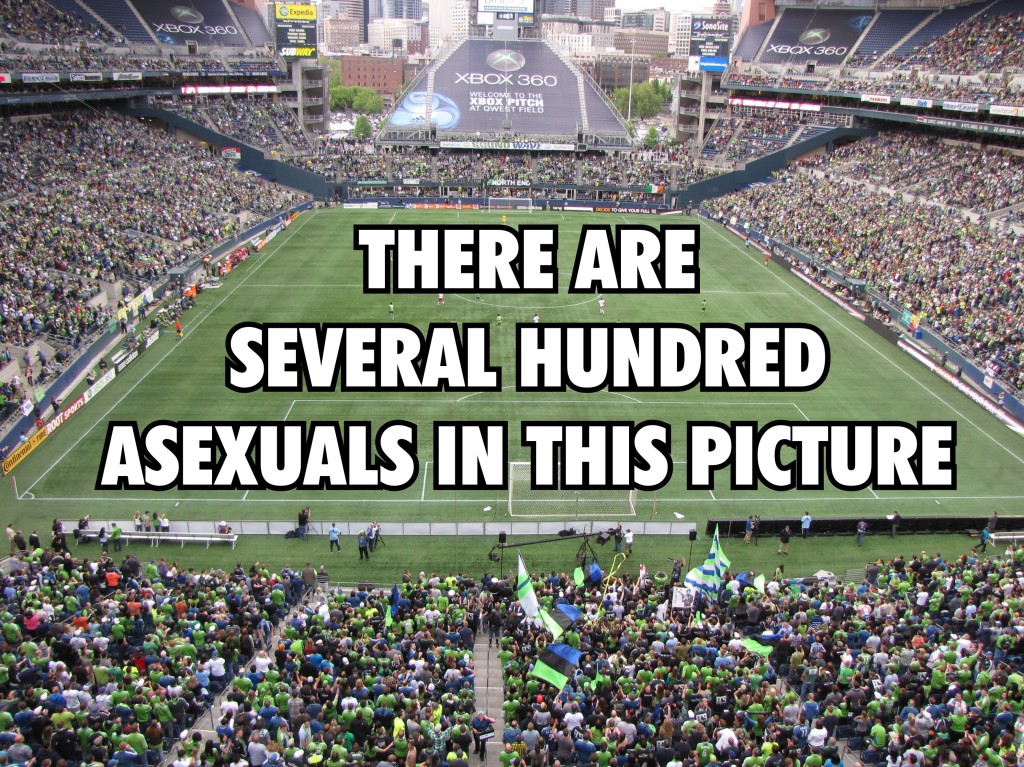Articles about asexuality tend to bring people out of the woodwork who somehow manage to find a way to take things off-topic and talk about themselves. Sometimes, it’s a big ego at work, other times, it’s what’s been called a “misfire of empathy”. At best, it comes off as unwanted, misguided sympathy. At worst, it’s offensive and insensitive.
Specific Subclasses:
Completely irrelevant to the discussion at hand, but I LOVE sex! [#]
Examples:
- Just be happy!! :-) I love sex, but I have to say – it is refreshing to see people not give a #$%2 about it!
- I love sex, but I’m convinced that I could have gone a long way without it.
- Sex is the very thing that makes me the most [insert positive attribute that matters to me here]. It is an important and significant way I show my love and affection to the woman in my life.
- Sex is great, yes…
- Sex is wonderful, specially if you are doing it with someone you love and trust. I respect Asexuals though. Live and let live.
Why these comments are a problem:
At best, it’s irrelevant.
At worst, the way it’s brought up, it sounds like the commenter has to make it clear that they’re not asexual, because that would be absolutely horrible. I’m not asexual. I LOVE sex. There’s nothing wrong with me!
How to respond:
- If it’s just irrelevant, leave it alone.
- If it sounds like they’re saying that they love sex so they’re not mistaken for being ace, tear them apart.
I wish I could be asexual! It would solve all my problems! [#]
Examples:
- There are thousands of menopausal and post-menopausal women out there who wish they could be asexual. But, alas, we are married and still have to tend to our husband’s needs. Sigh…..
- I wish I were a-sexual. god, my sex-drive is getting quite annoying after 38 years
- Lucky those who truly are successfully asexual. I wish i wasn’t so depended on sex as I seem to be.
- at the risk of offending, being asexual sure seems like it would make life easier…
- I am not asexual , I am straight but i can see how it would make things easier.
- I, too, would like to have back all that time that I wasted on sex and its attendant problems.
- Asexual? Or just smart? Think of all the problems they don’t have spending thier lives chasing after another person. My first spouse cured me of the desire to marry.
Why these comments are a problem:
Asexuality is not some magical cure-all that fixes all your problems. Asexuals have many of the same problems that non-asexuals encounter. There are even problems that asexuals are more likely to encounter:
- Someone who is asexual, particularly those who’ve never discovered that asexuality is A Thing, will often feel broken. It’s common for asexuals to wonder why they don’t feel the same way about sex as pretty much everyone else, and they’ll often feel alienated and alone.
- An asexual who is in a relationship with someone who is not asexual (or wants to be) will often encounter difficulties surrounding sex. The asexual person may not want to have sex as often as their partner, and may not even want to have sex at all. In many cases, this difference causes numerous problems for the relationship, and can even end up causing the relationship to end.
- People doubt our very existence. Can you imagine going through life and having people second guess everything you say, deny your identity, say that you need to be fixed?
How to respond:
- Explain that asexuality doesn’t solve problems.
- If you feel comfortable, discuss problems you have encountered because you are asexual.
Oh, that’s so sad. [#]
Examples:
- Sorry for these folk.
- Asexuality just seems so sad to me.
- Whenever I hear about asexuality (and it is a rather rare occurrence), my gut response is one of pity.
- Never getting your heart broken sounds heartbreaking.
- I actually feel pity for asexuals. Physical intimacy is fantastic, and I’d find life so dull and empty without it.
- I think of it as lonely not to express sexuality in a relationship….just sayin.
Why these comments are a problem:
We’re not asking for pity. We’re asking for understanding. These people typically don’t attempt to understand, they just look at what they think our lives are missing compared to theirs.
“Oh, they don’t have sex? I love sex! They must be sad without sex.”
“Oh, they don’t have relationships? I love relationships! They must be lonely without relationships.”
They never stop to ask us if we’re sad. They never ask us if we feel lonely. They never try to understand who we are.
Now, that’s not to say that we’re never sad or never lonely. Certainly, we might feel that way from time to time. We might even feel sad or lonely because of sex and relationships. But it’s rarely for the reasons they assume. And it’s just plain offensive to believe that our lives are wholly consumed by sadness and loneliness because we’re asexual.
How to respond:
- Tell them you’re not looking for pity.
- If your life is not a lonely pit of sadness, inform them that your life is not a lonely pit of sadness.
- Explain how things they think might make you sad or lonely don’t actually make you sad or lonely, because you do not feel the same way about them that they do.
But… Cute! [#]
Examples:
- And it’s such a waste! Many of these men are so beautiful!
- Why are the cute ones always asexual?
- That guy in top pic is so cute, it’s hard to believe that he doesn’t desire sex with someone. I’ll bet plenty of people have desired to have sex with him!
- would love to be asexual with him.he is cute
- BTW. There are a lot of cute asexual guys with whom I wouldn’t mind having a “homoromantic” relationship.
- Do asexuals appreciate being told how smoking hot they are (because that Dave guy is pretty darn hot)?
Why these comments are a problem:
Unwelcome sexual advances are a problem.
Implying that someone is a “waste” because they are not sexually available (to you) is a problem.
Whether or not you find someone cute or attractive or hot or whatever, that has no bearing on their sexual orientation and is rarely relevant or even appropriate to mention in such a situation.
How to respond:
- Remind them that “cuteness” does not negate asexuality any more than “ugliness” causes it. Sexual orientation is independent from looks.
- Point out that calling someone a “waste” because they won’t have sex (with the commenter) reduces that person to a sexual object, and is an extremely offensive thing to do. Other people do not exist solely for the commenter’s sexual gratification.
I feel asexual once in a while, too. [#]
Examples:
- Sometimes I feel like that but then realize it was the drugs.
- sometimes after spending a weekend drinking and shagging some gal, by Monday I’m only in the mood to sleep…
- I had a brief period of asexuality. I was never attracted to my own sex. When my ex cheated on me, I declared that I would never have anything to do with women
- When I was young, I had more than a few bad experiences, sexually and the whole concept turned me off for a long time.
- I thought I was asexual for a min while living in nyc…turned out I was just going on a bunch of dates with really bad kissers.
Why these comments are a problem:
These sorts of comments are not genuine exploration of one’s identity. They’re not a sympathetic “You’re not alone” gesture. No, instead, they’re people flippantly dismissing the concept of asexuality as the result of being in a bad relationship, the result of being worn out from having too much sex (See “I LOVE sex!”, above), or the result of drug-induced impotence.
How to respond:
- Inform them that asexuality is not a short term, temporary state, but is, in fact, a sexual orientation that often lasts for an entire lifetime.


